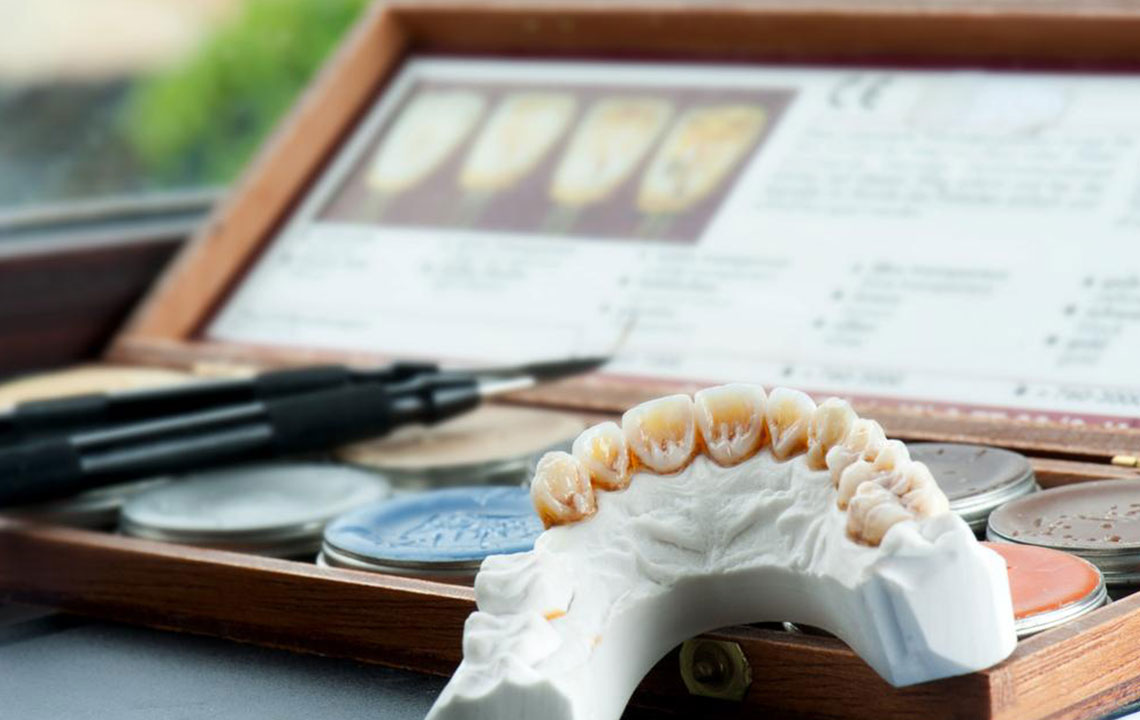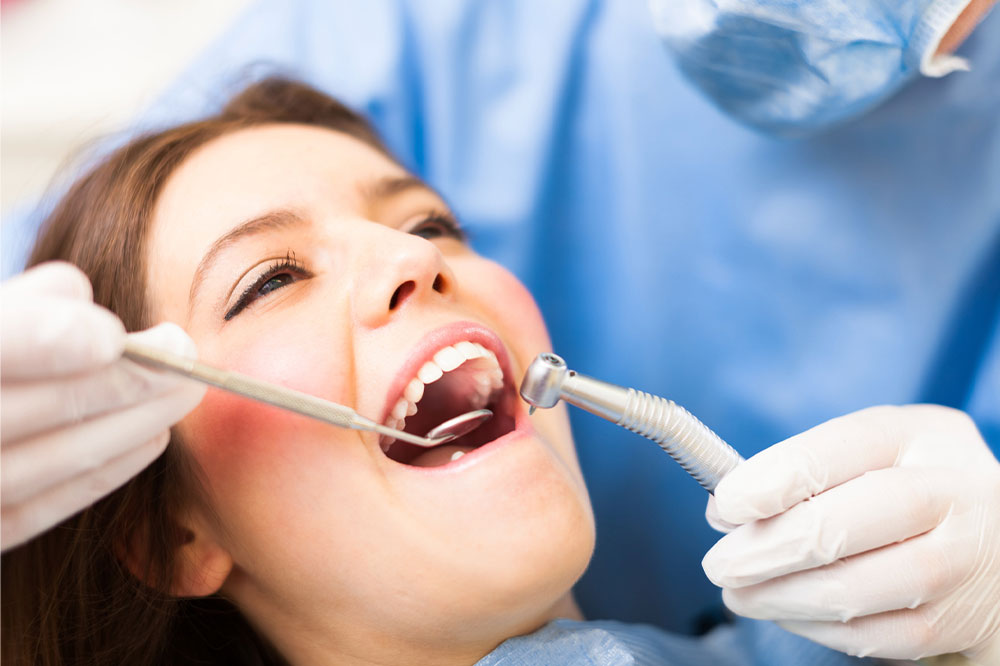Comprehensive Guide to Dental Implant Procedures for Seniors: Key Factors to Ensure Success
This detailed guide explores essential considerations for senior dental implant procedures, emphasizing benefits, health factors, and safe practices. It highlights how dental implants can significantly enhance quality of life for older adults, providing durable, functional, and aesthetic dental restoration options personalized to individual health conditions. The article covers eligibility criteria, health concerns, and the importance of professional assessment, ensuring seniors understand how to achieve successful outcomes with modern implant technology.

Comprehensive Guide to Dental Implant Procedures for Seniors: Key Factors to Ensure Success
In recent years, significant advancements in both medical science and dental technology have revolutionized the way we approach dental restoration, especially for senior populations. Tooth loss can profoundly affect a person's ability to eat, speak, and socialize comfortably, which in turn impacts overall health and quality of life. Fortunately, dental implants have emerged as an effective, durable alternative to traditional dentures, providing seniors with a reliable solution to restore their natural smile and oral functionality. For older adults contemplating dental implants, understanding essential considerations is crucial to achieving successful outcomes. This comprehensive guide explores the many facets involved in senior dental implant procedures, emphasizing benefits, health considerations, and the importance of thorough evaluations.
Dental implants are titanium posts surgically inserted into the jawbone, acting as artificial tooth roots upon which crowns, bridges, or dentures can be anchored. Their biocompatibility ensures integration with bone tissue, leading to a secure and natural-feeling restoration. As technology advances, the success rates of these procedures continue to improve, even for patients over 75 and 85. The key is proper patient selection, planning, and management.
Benefits of dental implants for seniors: Age, in itself, is not a contraindication for dental implant surgery. Many seniors, regardless of age, can benefit from implants that restore full chewing capability, improve facial structure, and boost self-confidence. Not only do implants provide a stable foundation for replacement teeth, but they also help prevent bone resorption—common in cases of missing teeth where the jawbone deteriorates over time. This preservation of bone mass maintains facial aesthetics and prevents the sunken appearance often associated with edentulism. Importantly, dental implants facilitate natural speech and allow seniors to enjoy a more diverse diet, which is vital for maintaining nutritional health.
Enhancement of quality of life: Regardless of age, maintaining good oral health has a direct impact on overall well-being. Dental implants empower seniors to actively participate in social activities without embarrassment or discomfort caused by missing teeth. The natural appearance of implant-supported restorations helps seniors feel confident in their smiles, encouraging improved self-esteem. Additionally, the ability to eat a wide variety of foods enhances nutritional intake, which can positively affect health conditions like osteoporosis, heart disease, and diabetes. Overall, dental implants serve as an investment in not just dental health, but in a more vibrant, engaging lifestyle.
Health considerations and candidacy: The suitability of dental implants for seniors depends on individual health status. Generally, healthy seniors without serious systemic illnesses or uncontrolled medical conditions are ideal candidates. Conditions such as uncontrolled diabetes, osteoporosis, or heavy smoking can impact healing and osseointegration (the process by which implants bond with the bone). However, these issues do not necessarily exclude patients from receiving implants; rather, they require careful preoperative assessment and management. For example, blood sugar levels should be well-controlled for diabetic patients, and smoking cessation programs may be recommended before surgery. Extended healing times may be expected in patients with certain health issues, but with proper medical collaboration, successful implant integration is achievable in most cases.
Ultimately, a comprehensive evaluation by dental and medical professionals is essential to determine each senior patient’s candidacy. Factors such as bone density, oral health status, and overall medical stability are considered to develop a personalized treatment plan that maximizes safety and efficacy.
In conclusion, modern dental implant technology offers seniors a safe and effective solution to restore their dental health and improve their quality of life. With proper planning, assessment, and management, most seniors can enjoy the benefits of implant-supported restorations, helping them maintain an active, healthy, and confident lifestyle well into their golden years.





